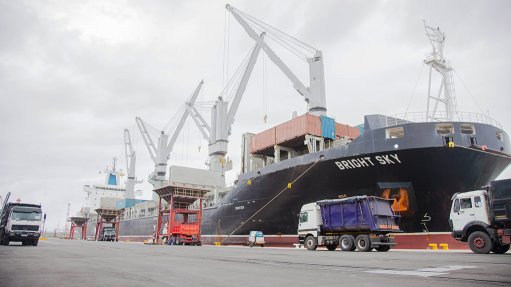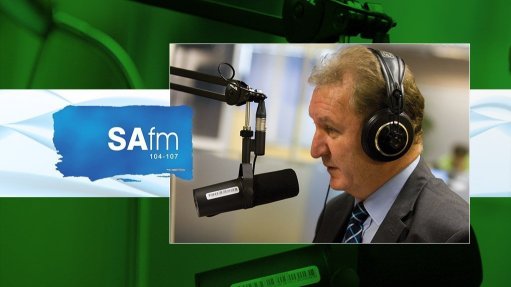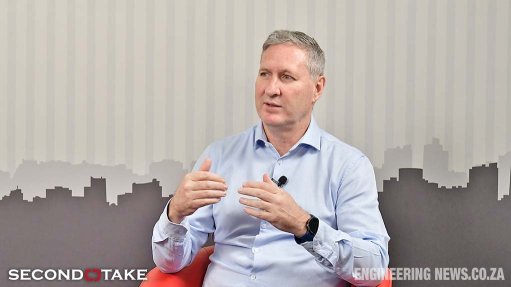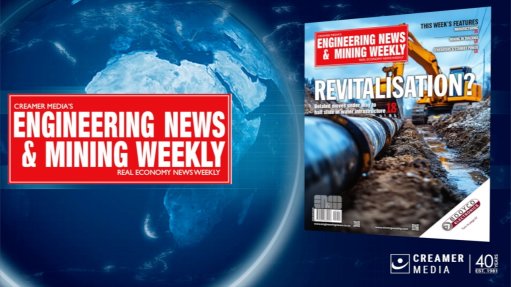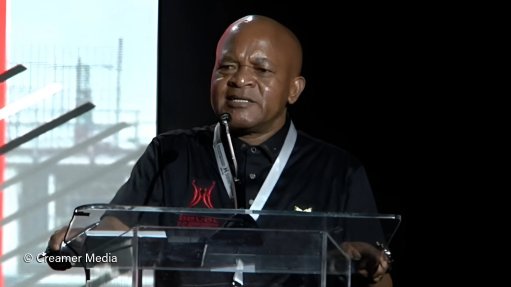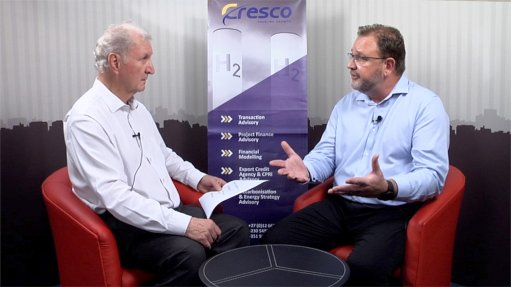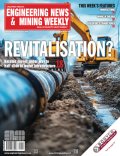ICT paper ‘good’ in general, spectrum a red flag – Armstrong
While the newly tabled National Integrated Information and Communication Technologies (ICT) Policy White Paper contained a lot of “good” principles, a Telkom executive has warned that the government’s push to open the market, increase customer choice, reduce the cost to communicate and improve universal access may backfire.
The Department of Telecommunications and Postal Services-driven policy was approved by Cabinet in October – to mixed reviews from the market – to guide the next decade of modern communications infrastructure access and services and narrow the digital divide.
“There is a lot that is good in [the paper]. There is some stuff that is concerning. And there is some stuff that is dangerous, potentially,” Telkom chief commercial officer Dr Brian Armstrong said on Thursday.
Speaking at the MyBroadband conference, in Midrand, he told delegates that regulations should only be amended where necessary or in cases of market failure.
“Our investors look for predictability and certainty in the market,” he said, noting that its processes should be legally and procedurally sound, underscored by policy coherence that saw all industry players evolving, through the promotion of competition and investment.
The new ICT White Paper’s proposal, however, for the return of assigned spectrum would be “problematic” and likely reverse investments, as no company would invest billions of rands on spectrum only to return it in five years, Armstrong said.
However, many concepts highlighted in the White Paper were positive, said Armstrong, pointing to the significant focus on openness and customers, and the call for evidence-based regulatory intervention.
The White Paper included the proposed restructure of the regulator, the ‘wait-and-see’ approach to over-the-top players, as opposed to a “hard-handed approach”, and open access principles, which, for the most part were good, particularly for the fixed-line market.
The policy highlighted a single wireless open access network, which was an appropriate response to access to the underserviced rural and deep rural regions where it could provide efficiencies and a greater degree of access to far-flung areas, but it was an inappropriate intervention in an established market, he held.
The established urban market, which Armstrong conceded was grappling with its own bottlenecks, was essentially working and the implementation of the single wireless network would not be the best way to improve efficiencies.
Further, the nature of the network was not defined, with uncertainty surrounding its structure, including where the contributions would come from, where financial responsibilities would lie and what role each contributor would have to play, he explained.
Armstrong believed that a monopoly and shifting competition to the service level was not the answer to improve customer experience and would not promote innovation.
Comments
Announcements
What's On
Subscribe to improve your user experience...
Option 1 (equivalent of R125 a month):
Receive a weekly copy of Creamer Media's Engineering News & Mining Weekly magazine
(print copy for those in South Africa and e-magazine for those outside of South Africa)
Receive daily email newsletters
Access to full search results
Access archive of magazine back copies
Access to Projects in Progress
Access to ONE Research Report of your choice in PDF format
Option 2 (equivalent of R375 a month):
All benefits from Option 1
PLUS
Access to Creamer Media's Research Channel Africa for ALL Research Reports, in PDF format, on various industrial and mining sectors
including Electricity; Water; Energy Transition; Hydrogen; Roads, Rail and Ports; Coal; Gold; Platinum; Battery Metals; etc.
Already a subscriber?
Forgotten your password?
Receive weekly copy of Creamer Media's Engineering News & Mining Weekly magazine (print copy for those in South Africa and e-magazine for those outside of South Africa)
➕
Recieve daily email newsletters
➕
Access to full search results
➕
Access archive of magazine back copies
➕
Access to Projects in Progress
➕
Access to ONE Research Report of your choice in PDF format
RESEARCH CHANNEL AFRICA
R4500 (equivalent of R375 a month)
SUBSCRIBEAll benefits from Option 1
➕
Access to Creamer Media's Research Channel Africa for ALL Research Reports on various industrial and mining sectors, in PDF format, including on:
Electricity
➕
Water
➕
Energy Transition
➕
Hydrogen
➕
Roads, Rail and Ports
➕
Coal
➕
Gold
➕
Platinum
➕
Battery Metals
➕
etc.
Receive all benefits from Option 1 or Option 2 delivered to numerous people at your company
➕
Multiple User names and Passwords for simultaneous log-ins
➕
Intranet integration access to all in your organisation






